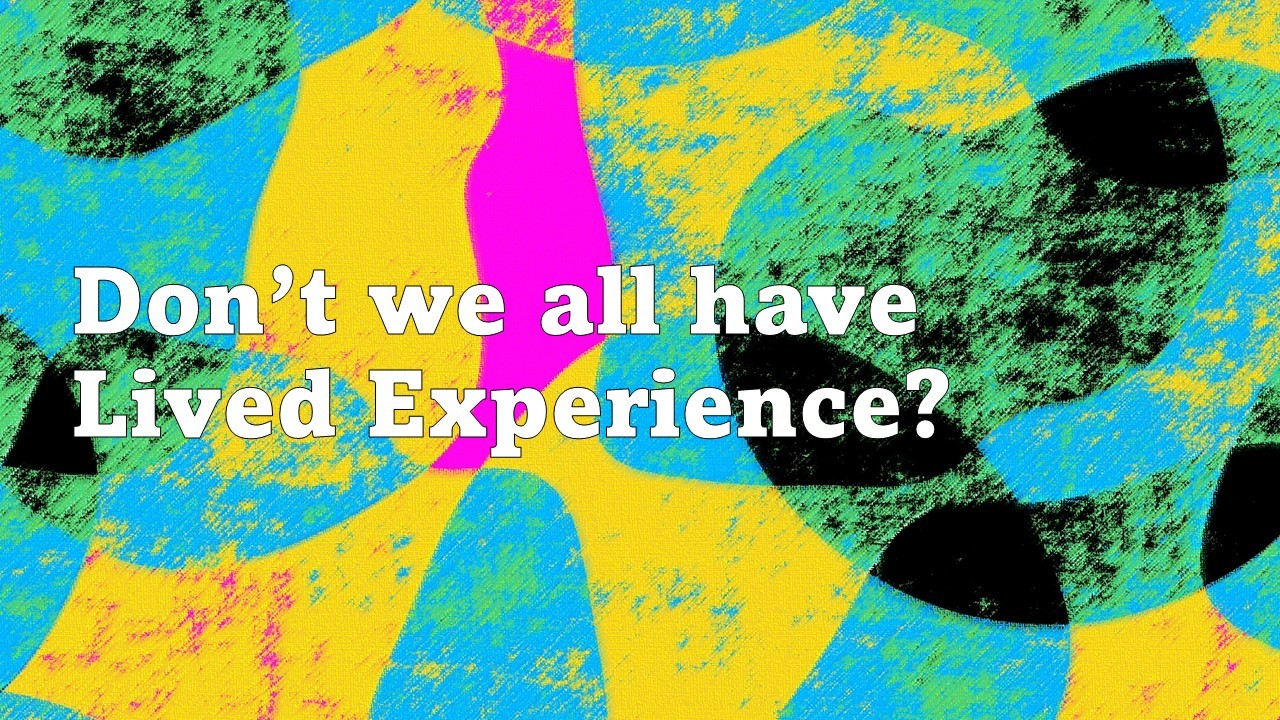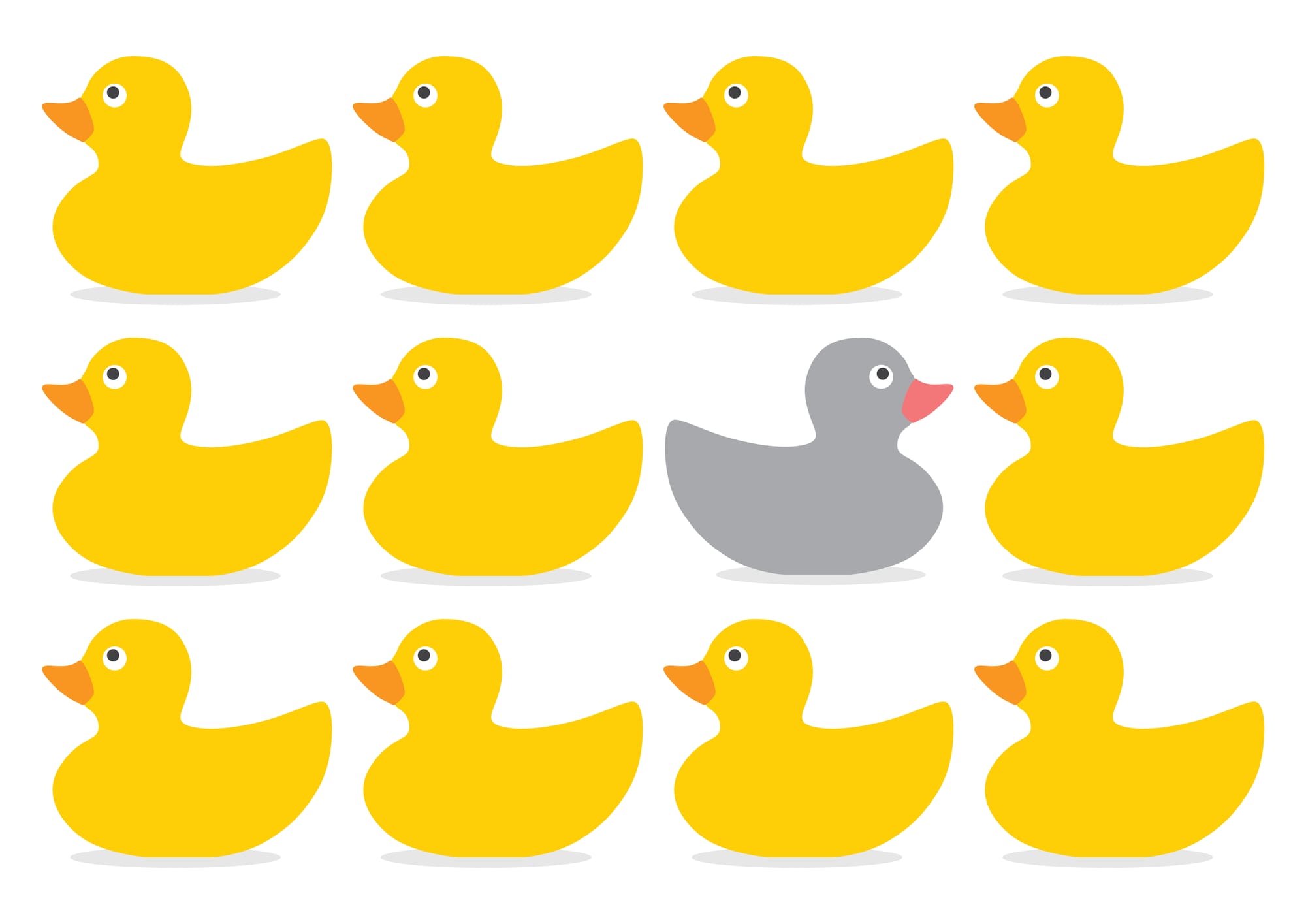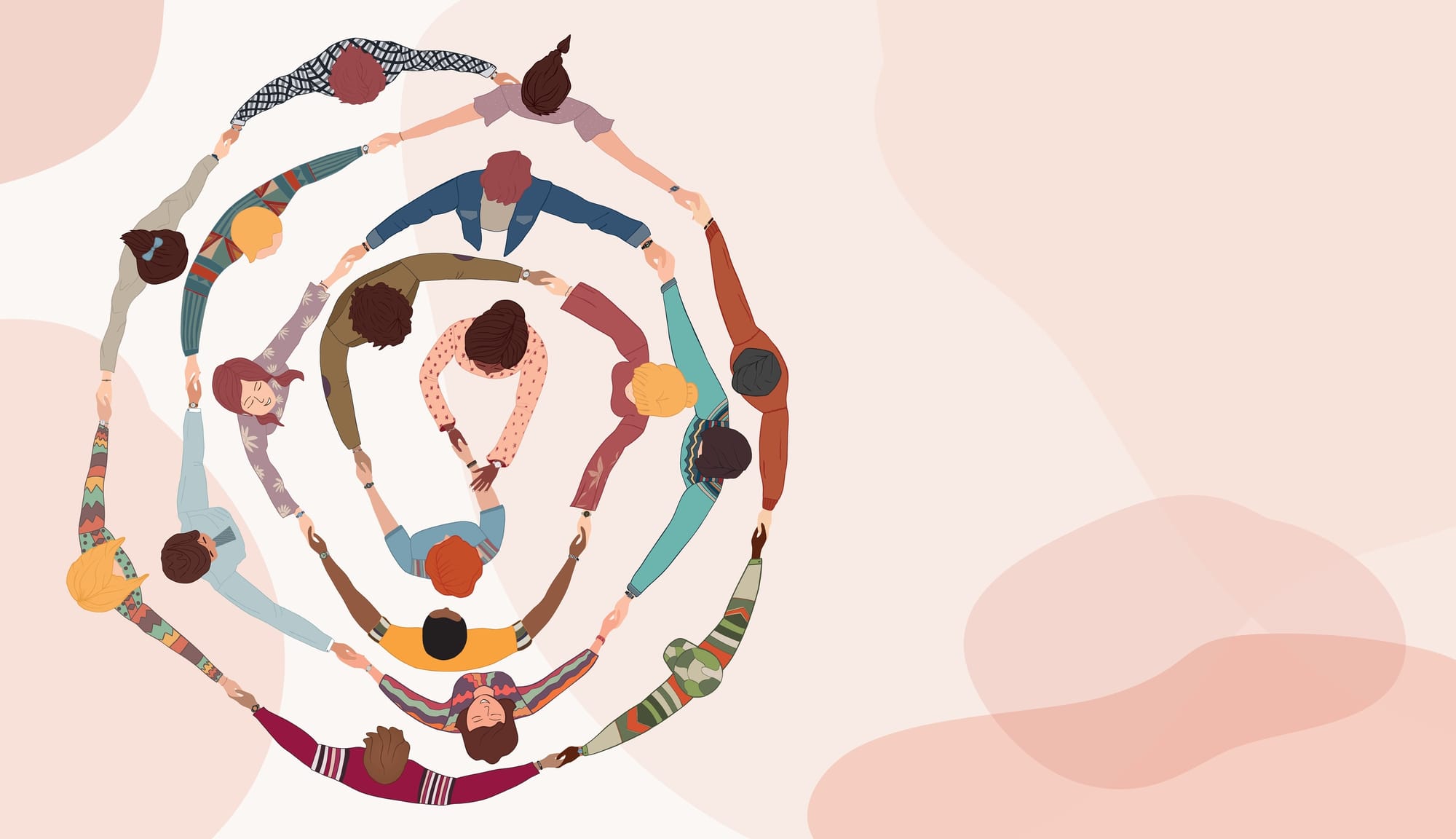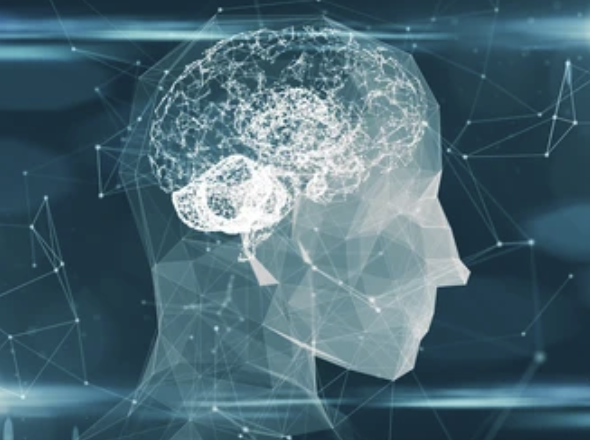
Randoms Stole Our Language: Is It Time to Redefine Our Words?
“Lived experience.” Two words that once revolutionised how we talk about mental health. It meant, “I’ve been there. I know this journey intimately, and my voice matters.” But somewhere along the way, “lived experience” has become another buzzword—co-opted, misused, and diluted.
In Sheree Veysey’s thought-provoking article Don’t we all have lived experience?
A proposed definition of “lived experience”, she challenges us to look critically at the context in which this term exists. Sheree’s background in the mental health and addiction sector has given her a deep understanding of how language can both empower and diminish. The words might be the same, but what they mean changes over time based on the culture and the context in which they are used.
Take, for example, people who casually state they have OCD when they mean they’re tidy. In the same way, the misuse of “lived experience” cheapens the lived reality of those it’s meant to empower. It’s no longer a term that carries weight but one that can re-stigmatize and minimise the very voices it aimed to amplify.
While the widespread use of “lived experience” has diluted its potency, there is an argument for a potential upside. Its prevalence may play a role in easing societal barriers to conversations around mental health. But for the most part, overuse has stripped the term of its depth and mana.
Sheree suggests we distinguish lived experience from lived expertise. Lived experience captures the raw, personal reality of mental health struggles, while lived expertise builds on that reality to drive change and shape better systems. The two terms are interconnected but not interchangeable. As Sheree so eloquently puts it, lived experience is a term claimed to reframe the journey of the marginalised and stigmatised; we dishonour its history and intent when we lose this context.
Sheree’s call to action is clear: it’s time to reclaim our language and restore mana to these words. Let’s own our language and redefine words in a way that reflects the journey, the expertise, and the lived wisdom of mental health survivors.
Who gets to define “lived experience”? What are we trying to convey? And are we brave enough to carve out our own definitions that return power and hope? Read Sheree Veysey’s full article below to explore these questions further and join the movement to reclaim the words that matter.




